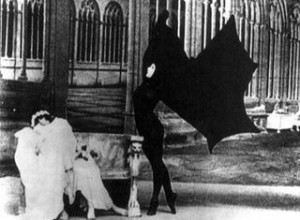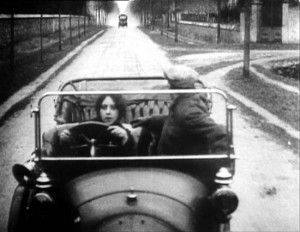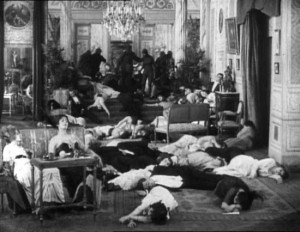Notes on Charles Burnett
Commissioned in December 2008 by London’s National Film Theatre or the South Bank — I can’t recall now which of these appellations it was using then — for a small Burnett retrospective. These notes were written according to precise specifications, as indicated in the word lengths mentioned below. — J.R.
1. 35-word stand first
Versatile yet focused, Charles Burnett offers an in-depth portrait of the ghetto community he grew up in, South Central Los Angeles, in an oeuvre that’s both witty and tragic, continuing to expand and surprise us.
2. 350-word introduction
Born in Mississippi in 1944 but raised in Watts, Charles Burnett is a filmmaker as steeped in his community as William Faulkner was in his. But he hails from an invisible community, so it shouldn’t be surprising that one of the supreme living masters of American cinema should also be among the slowest to gain recognition.
That he’s worked memorably for both Miramax (The Glass Shield, 1994) and the Disney channel (Nightjohn, 1996) has only helped to give him a scattered and confused mainstream profile, typically omitting such bold independent experiments as The Final Insult (a 1997 digital video about the homeless, mixing documentary, fiction, and poetry) and Nat Turner: A Troublesome Property (a 2003 TV essay that fictionalizes and dramatizes many conflicting versions of its title figure — a Virginia slave who led a 1839 revolt that slaughtered 59 whites). Read more




